Bryn Mawr Stories
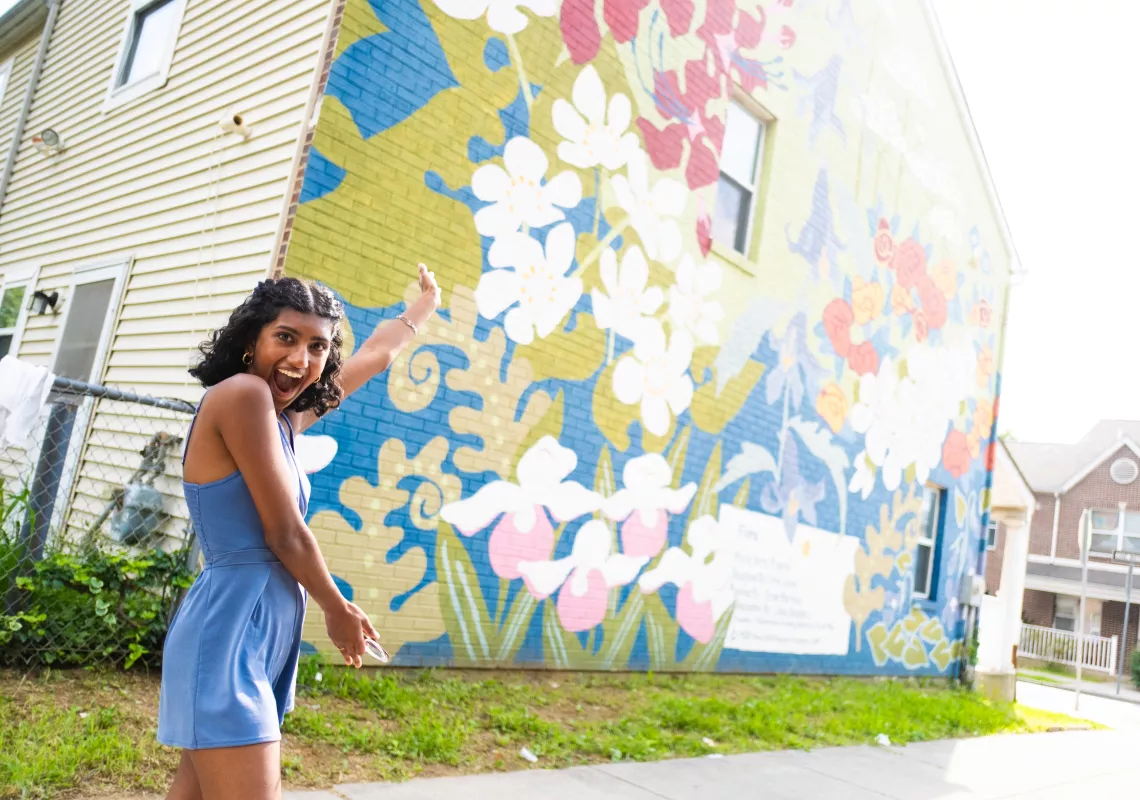
Summer Stories: Lakshmi Natesan '25
"Art is one of my passions, as is art education, and Bryn Mawr helped me with the first step in that career."
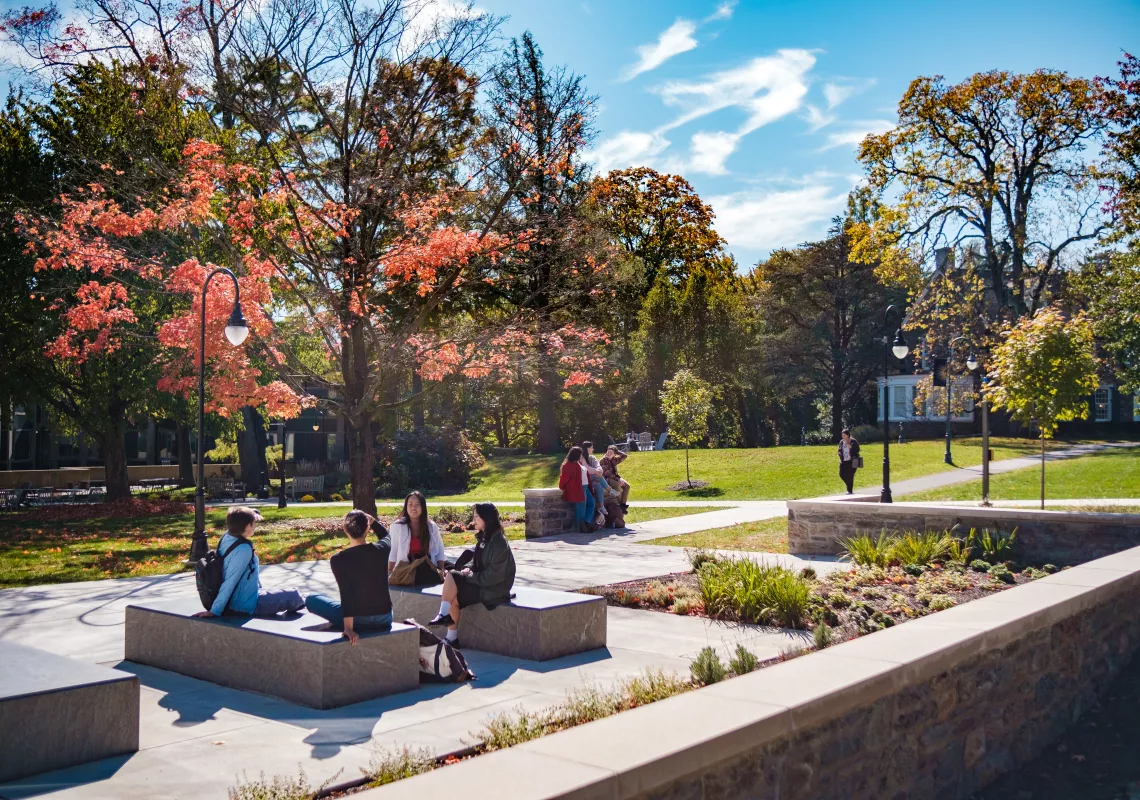
How to Make the Most of Your Visit to Campus
"Whether you’re flying into Pennsylvania or driving down the road, here are some tips about how to make the most of your campus visits during the college tour season."
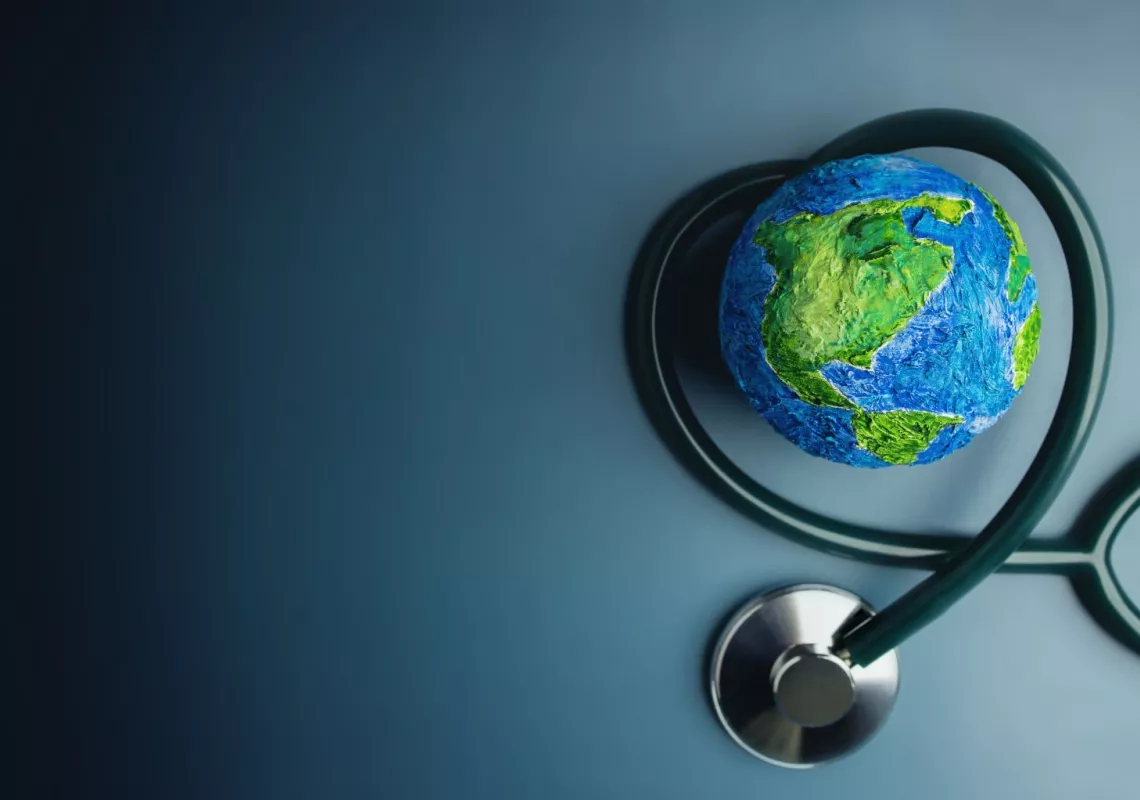
360°: Struggles for Global Health Equity
This 360° aims to help students begin to understand both significant problems of and promising approaches to the practice–and study–of community health promotion.
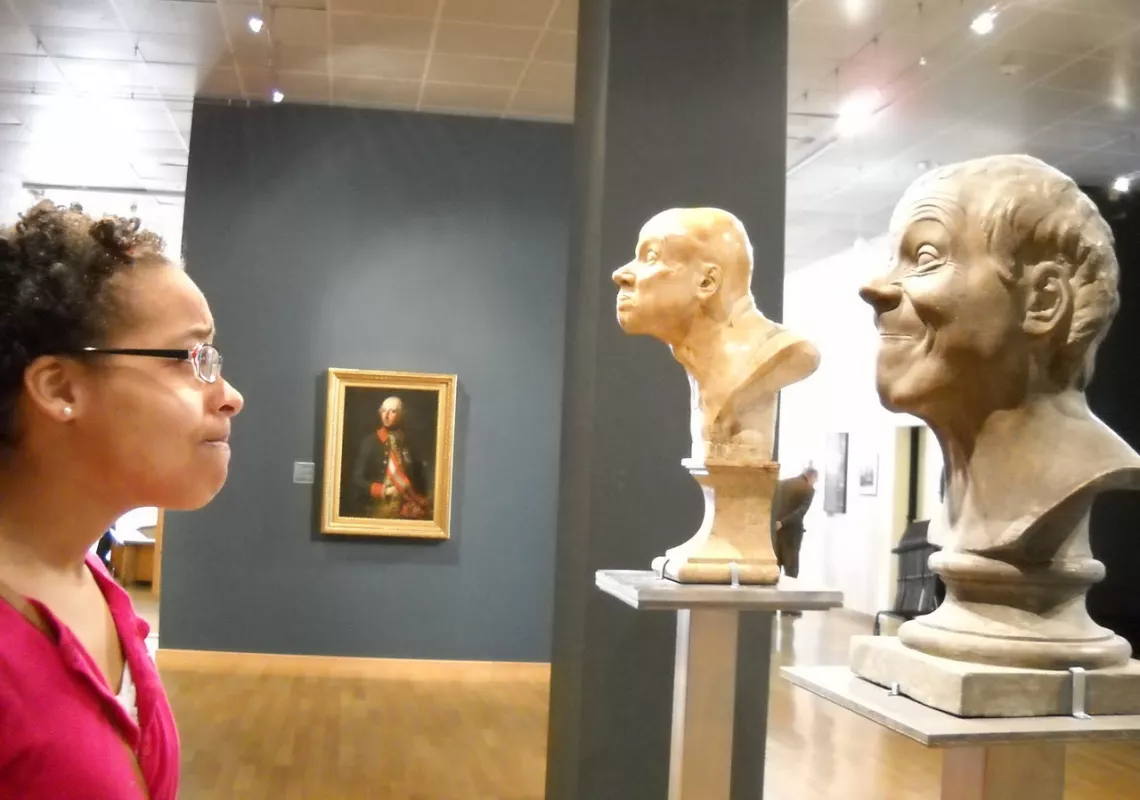
360°: The Last Days of Habsburg
This 360˚ is an integrated two-credit seminar which is interdisciplinary in nature. Participants study works of art, architecture, design, literature, psychoanalysis, and pseudoscience.

360°: Science, Democracy, and Truth
How can we use science to respond to the criticisms of those in power that might disagree with our fundamental assumptions about the reliability of scientific facts?
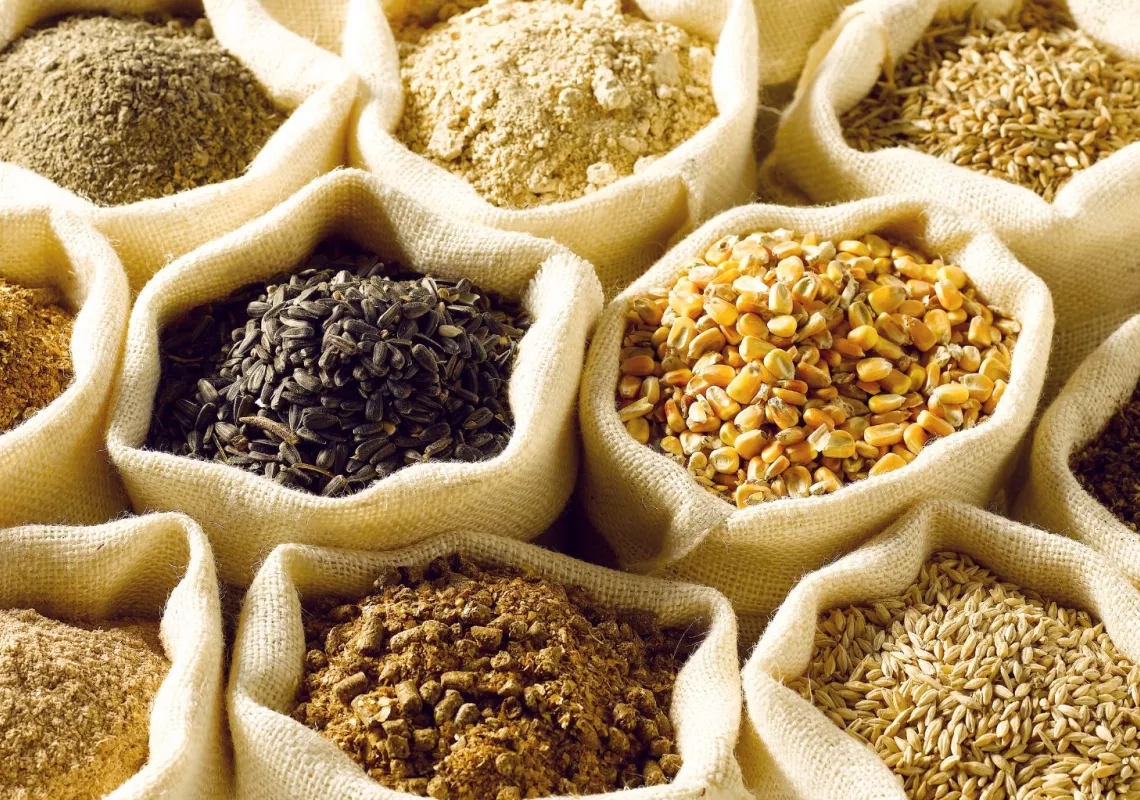
360°: Foodways and Migration
This 360° uses the frameworks of history, cultural studies, and archeology to examine the relationship between foodways and migration.
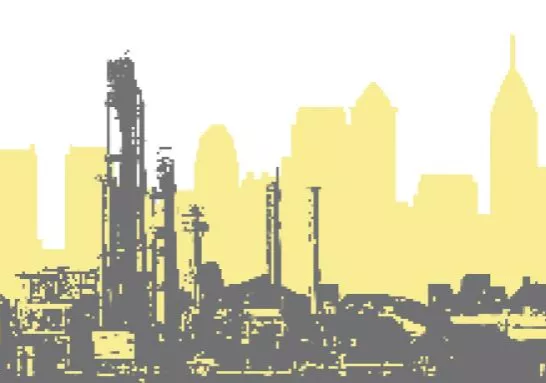
360°: The Transforming Legacy of Oil
This 360° combines courses from Growth and Structure of Cities, Economics, and History to assess how oil has affected our built environment as well as local and global economies.
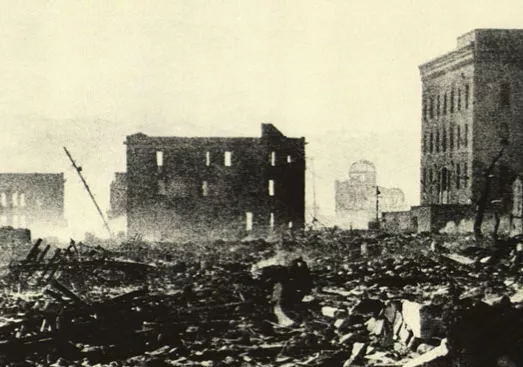
360°: Perspectives on Sustainability
We invite students to study the history of disaster rebuilding and the impact of the built environment on art and literature as part of broader networks of interactions both in East Asia and the West.

360°: Science, Power, and Truth
How can we use science to respond to the criticisms of those in power that might disagree with our fundamental assumptions about the reliability of scientific facts?
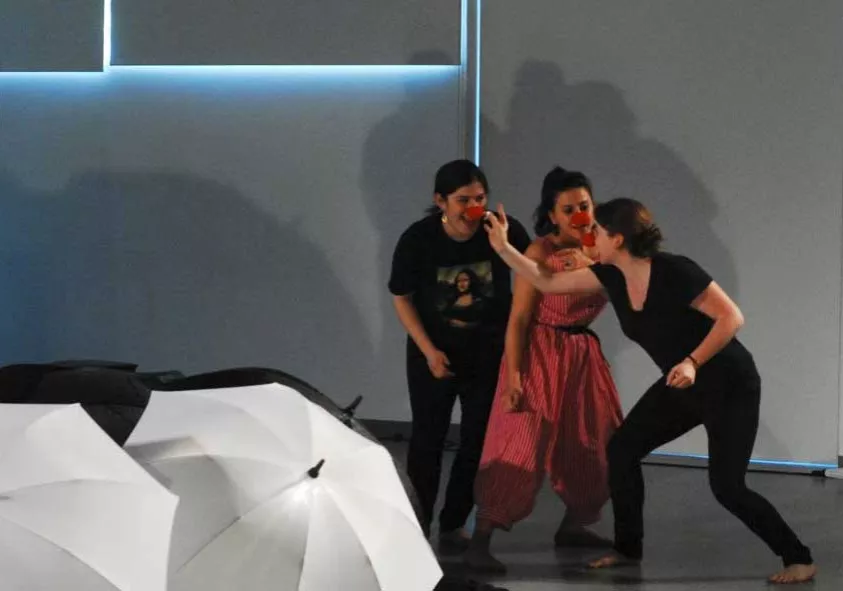
360°: Performance Across Language and Culture
A series of international festivals such as the Globe to Globe Cultural Olympiad in London in 2012 has raised the visibility of cross-language productions, yielding a messy but rich trove of reception records in social media, scholarship, and reviews. This 360 takes a close look at these phenomena, asking students to engage it as performers, audience members, teachers, and scholars – studying and experimenting with multilingual and vernacular stagings.
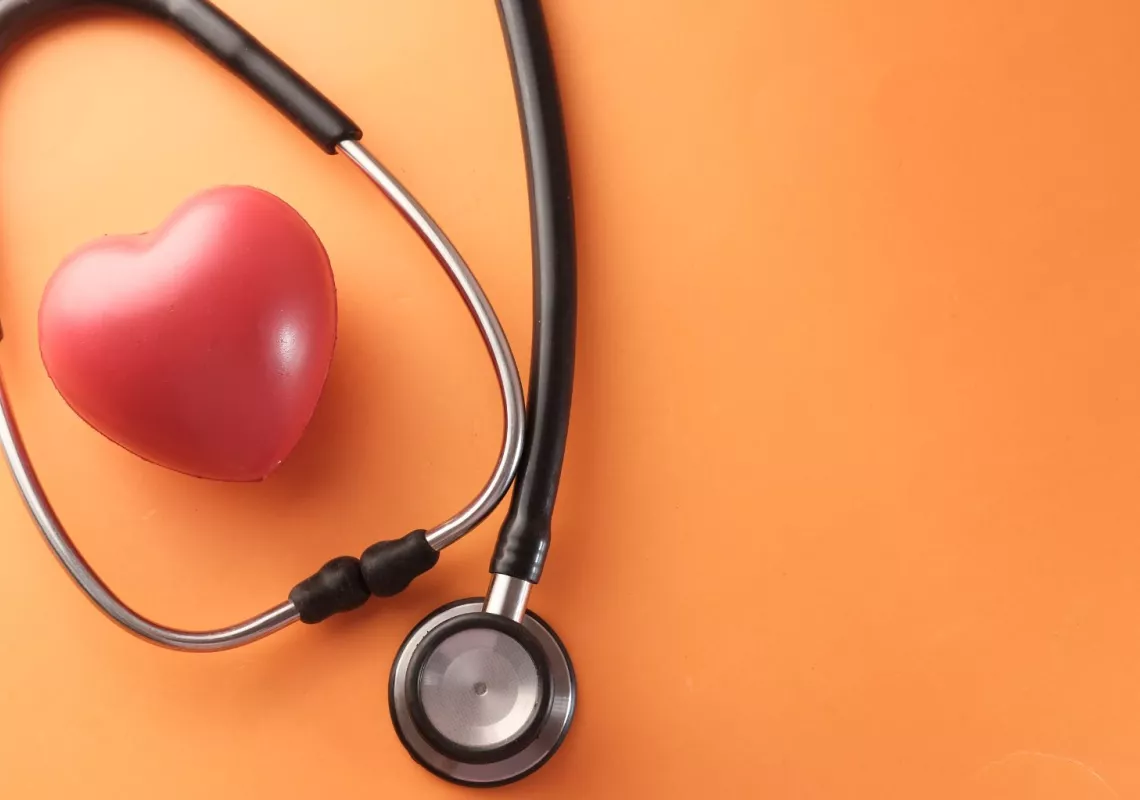
360°: To Protect the Health of the Public
This 360° has as its goal a deepened understanding of public health. To do so, we offer three courses that focus on policy, history, culture, the place and power of government, and public and personal responsibility.
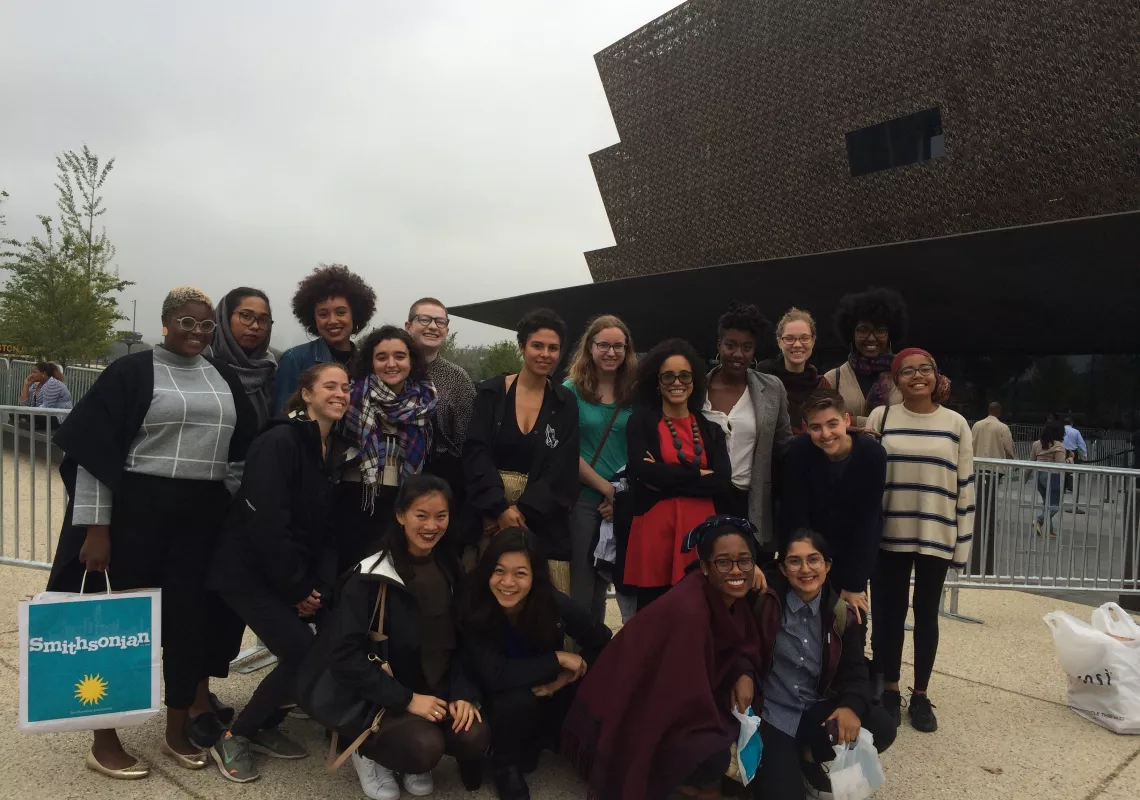
360°: Poetics and Politics of Race
The goal of this 360° is to unpack how meaning is made from representations of race—from artifacts in an anthropological context, to representations in literature, to how people teach and learn.